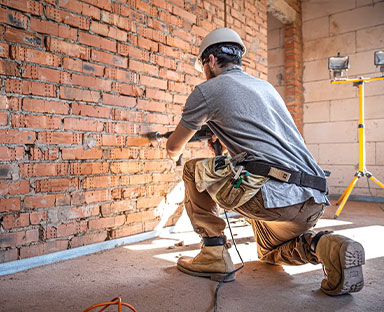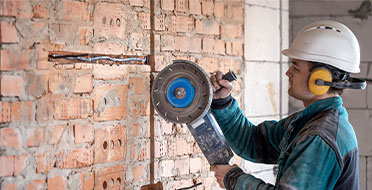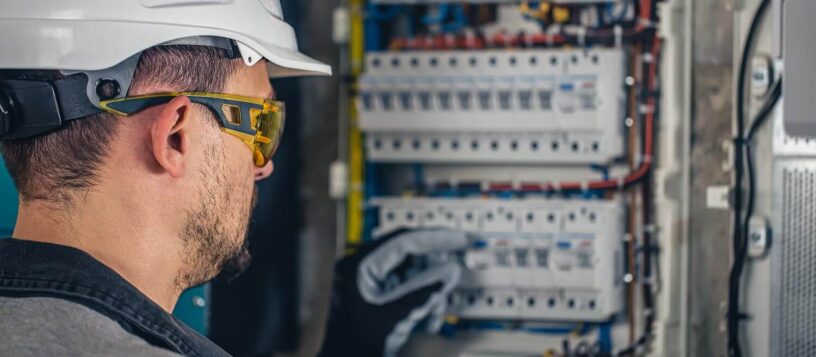Whether you’re a seasoned homeowner or a first-time renter, navigating electrical issues can be a daunting task. While some problems may require the expertise of a professional electrician, others can be tackled with a bit of DIY know-how. In this guide, we’ll explore scenarios where you do and don’t need an electrician, helping you make informed decisions about when to call for help.


When You Do Need an Electrician:
- AC Repair: If your air conditioning unit is acting up, especially during hot summer months, it’s best to leave repairs to a qualified electrician. Air conditioning systems involve complex electrical components that require specialized knowledge to diagnose and fix. Attempting DIY repairs without proper training can not only be dangerous but may also void warranties or cause further damage.
- Major Electrical Upgrades: Planning to install new light fixtures, outlets, or electrical panels? These tasks typically require the expertise of a licensed electrician. Whether you’re remodelling your home or require Home Office Electrical Setups, upgrading your electrical system for increased capacity, professional installation ensures compliance with building codes and safety standards.
- Surge Protection Installation: Protecting your electronic devices and appliances from power surges is essential for preventing damage and extending their lifespan. While you can purchase surge protectors for individual devices, installing whole-house surge protection requires the expertise of an electrician. They can assess your home’s electrical system and recommend and install appropriate surge protection measures to safeguard your valuable equipment.

- Electrical Troubleshooting: Protecting your electronic devices and appliances from power surges is essential for preventing damage and extending their lifespan. While you can purchase surge protectors for individual devices, installing whole-house surge protection requires the expertise of an electrician. They can assess your home’s electrical system and recommend and install appropriate surge protection measures to safeguard your valuable equipment.
When You Don’t Necessarily Need an Electrician:
- Changing Light Bulbs: Replacing light bulbs is a simple task that most homeowners can handle without calling an electrician. However, if you encounter difficulties with fixtures or need assistance with specialized Custom Lighting Solutions, it’s best to seek professional help.
- Minor Electrical Repairs: Minor Electrical Repairs: Simple tasks like fixing loose outlets, replacing light switches, or repairing minor electrical faults may be within the capabilities of DIY enthusiasts. Just be sure to follow safety precautions, turn off power to the affected area, and consult online resources or tutorials for guidance.
- Installing Plug-In Appliances: Setting up plug-in appliances such as lamps, televisions, or kitchen gadgets typically doesn’t require the assistance of an electrician. Just ensure that you’re using properly rated outlets and extension cords, and follow manufacturer instructions for safe installation and operation.
- Basic Electrical Maintenance: Performing routine maintenance tasks like cleaning dust from electrical outlets, inspecting cords for damage, and tightening loose connections can help prevent potential hazards. As long as you exercise caution and prioritize safety, you can handle these tasks on your own.
In conclusion, knowing when you do and don’t need an electrician can save you time, money, and unnecessary hassle. While certain electrical issues require professional intervention to ensure safety and compliance, many routine maintenance tasks and minor repairs can be tackled independently with the right precautions. By understanding the scope of your electrical needs and consulting with experts when necessary, you can effectively manage your home’s electrical system and maintain a safe and functional living environment.


